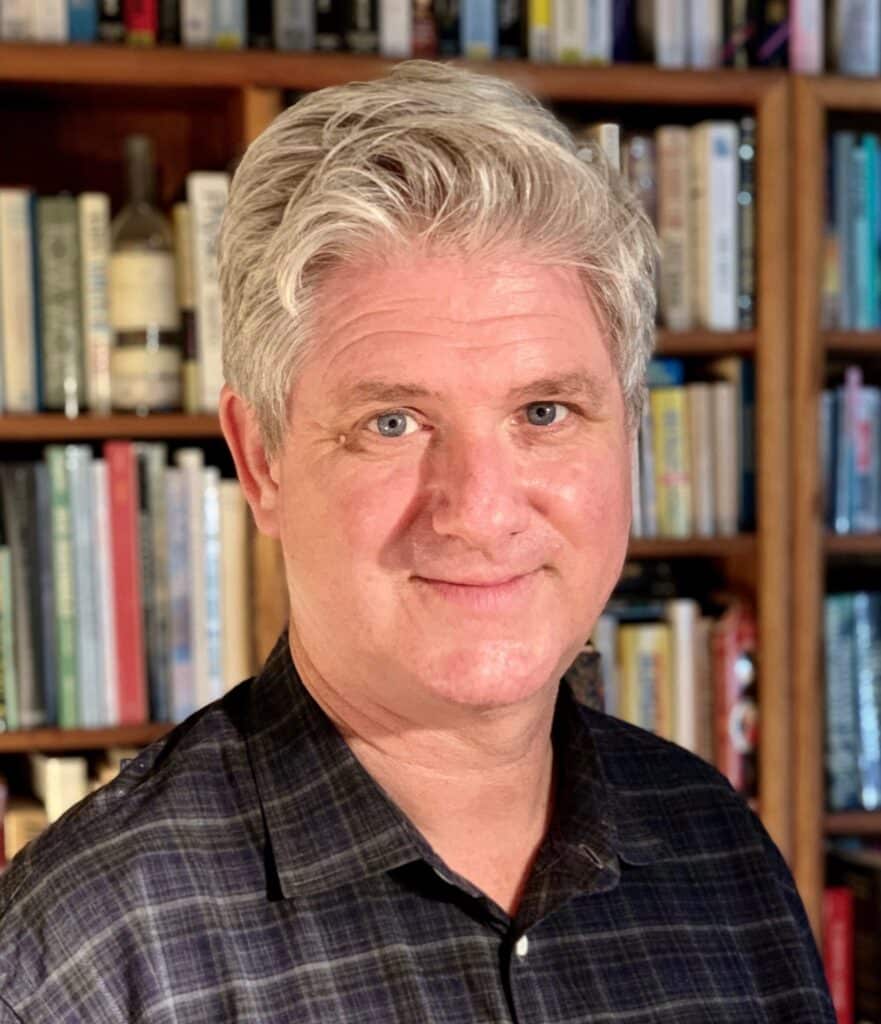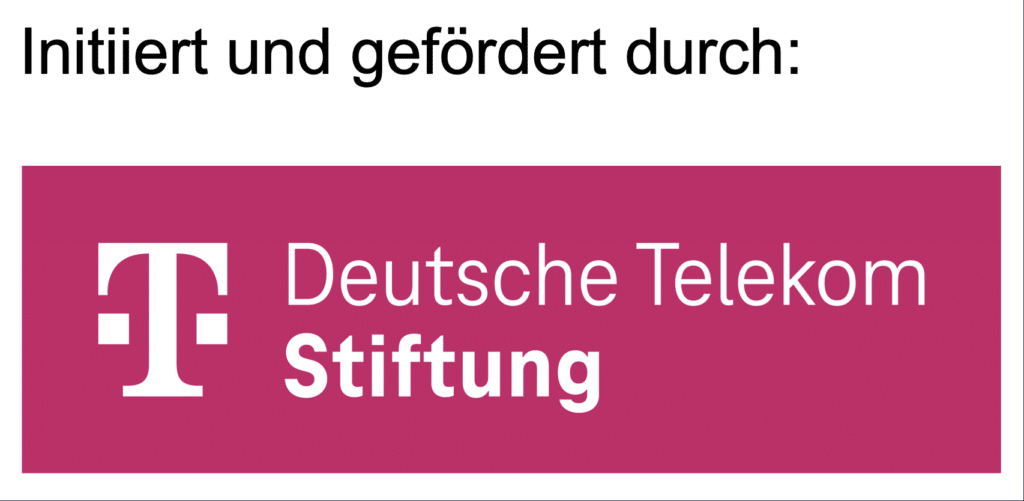Abstract
The Mobilize Intro to Data Science (IDS, www.introdatascience.org) course was first offered in 2017 and was, at that time, the only data science course designed for secondary students in the U.S., and possibly anywhere. IDS was developed through a partnership between the Los Angeles Unified School District (the second-larger district in the U.S.), the UCLA Department of Computer Science, the UCLA Graduate School of Education and Information Sciences, and the UCLA Department of Statistics.
The IDS curriculum has several special features. First, it relies on a data collection paradigm, Participatory Sensing (Burke, et al 2006), in which students use mobile devices to collect multivariate data together. Second, the curriculum teaches students to use R, via the interface Rstudio and the mobilizR package, to organize, prepare, and analyze data. Finally, it relies on a student-centered, activity-based pedagogy. The primary goal of IDS is to develop in students the ability to synthesize statistical and computational thinking (DeVeaux, et al. 2017; Gould 2021) in order to work, and live, ethically and productively in a data-driven world.
Since 2017, interest in preK-12 data science and “data literacy” has blossomed in the U.S (and elsewhere), and varying visions and purposes for data science education have emerged. Data science education is many things to many people; it can be seen as an approach to developing “data literacy”, improving programming skills, increasing “college readiness”, improving equity in mathematics (Burdman,2015), and developing students’ appreciation for and skill in for mathematics. While we agree that many of these purposes are welcome consequences of a well-designed data science course, in our vision of data science education these are secondary to the primary goal, which is to teach students to analyze complex, multivariate data and to develop what has been called “data acumen”. Many in the U.S. see secondary-level Data Science as a sub-discipline of mathematics (Levitt 2019), which naturally affects the scope and intent of a course.
In this presentation, we’ll describe the IDS vision of data science and IDS’s role in developing data literacy for secondary students. We’ll also discuss some of the challenges that remain in implementing this vision, including teacher preparation and university acceptance.
References:
- P. Burdman, Degrees of freedom: Probing math placement policies at California colleges and universities (Report 3 of a 3-part series), Report issued by PACE Foundation and Learning Works, 2015, available at https://edpolicyinca.org/sites/default/files/PACE%20Report%203%2005-2015%20v7.pdf.
- J. Burke et al., Participatory sensing, Center for Embedded Network Sensing, 2006, available at https://escholarship.org/uc/item/19h777qd
- R. D. De Veaux et al., Curriculum Guidelines for Undergraduate Programs in Data Science, Annual Review of Statistics and Its Application, March 2017, 4:15-30. https://doi.org/10.1146/annurev-statistics-060116-053930
- R. Gould, Toward Data-Scientific Thinking, Teaching Statistics, May 2021. DOI:10.1111/test.12267
- S. D. Levitt, America’s math curriculum doesn’t add up (Ep. 391). Freakonomics podcast, 2019, available at https://freakonomics.com/podcast/math-curriculum
Bio Rob Gould

Dr. Rob Gould is a teaching professor and vice-chair of undergraduate studies in the Department of Statistics at UCLA, active in statistics and data science education since 1994. He is the founder of DataFest, a 48-hour undergraduate data analysis competition sponsored by the American Statistical Association and held at over 40 sites around the world.
He is co-author with Colleen Ryan and Rebecca Wong of an introductory statistics book. He was the lead Principal Investigator of the NSF-funded Mobilize project, which produced the Introduction to Data Science curriculum, the first high school data science curriculum in the U.S. Rob was elected Fellow of the American Statistical Association in 2012; in 2019 was awarded the CAUSE Lifetime Achievement Award for Statistics Education and the ASA Waller Distinguished Teaching Career Award. He received his B.S. from Harvey Mudd College in 1987 and PhD in Mathematics (concentration on Statistics) from the University of California, San Diego, in 1994. He is Vice-president of International Association of Statistics Education (IASE).



